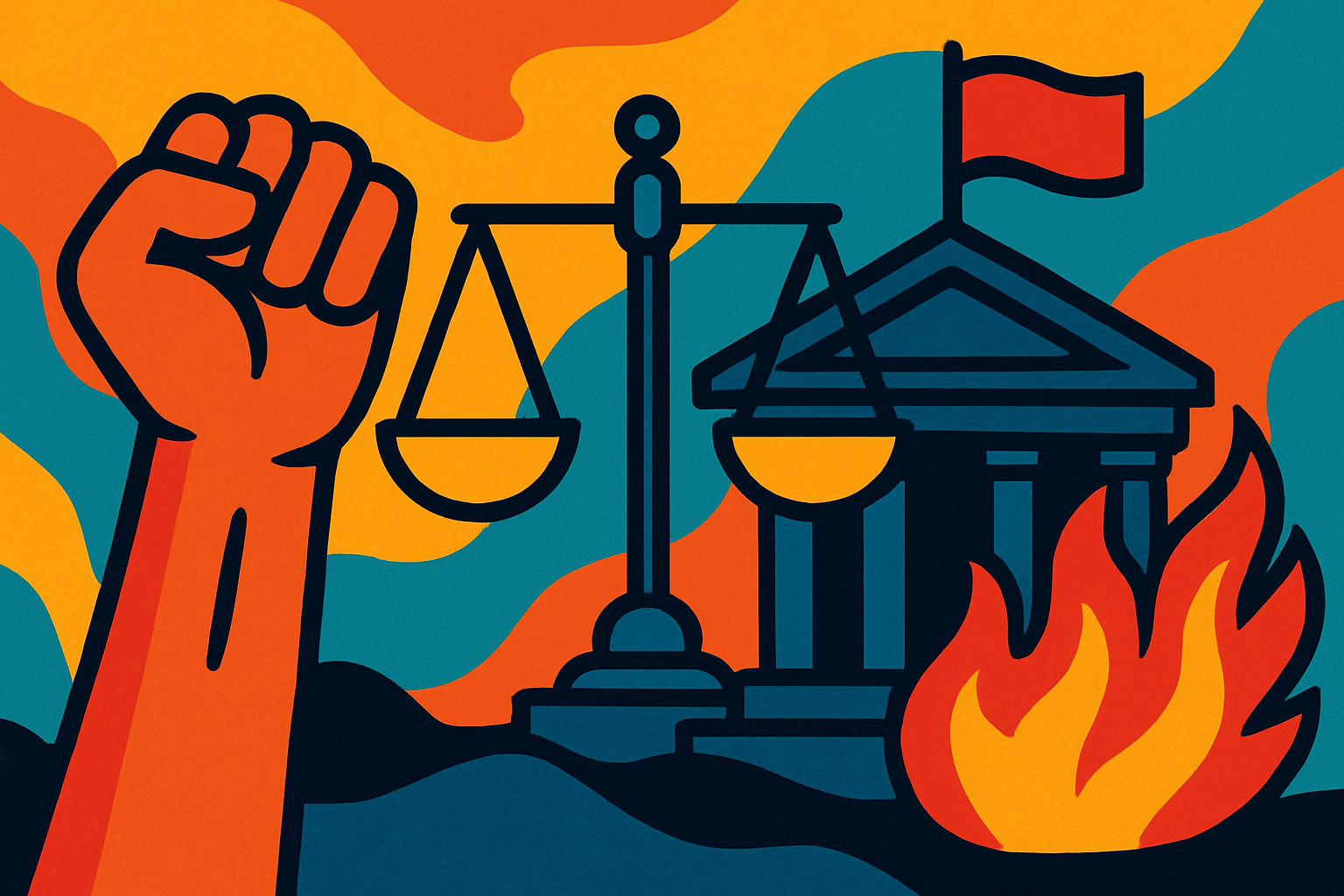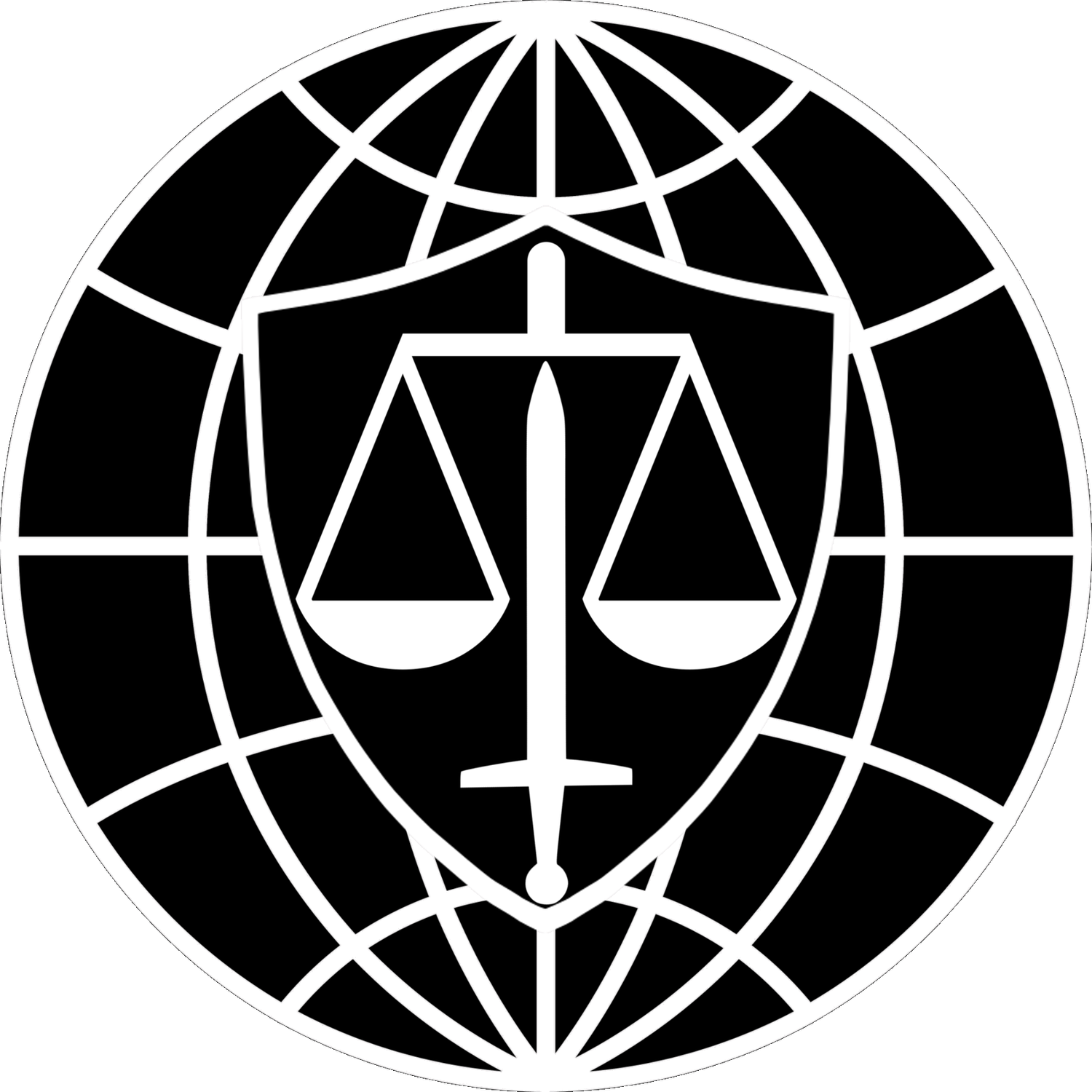Crimes Against the State
Date of Information: 09/24/2025
Check back soon; we update these materials frequently.

Introduction
In U.S. law, “crimes against the state” are offenses that directly threaten the government’s authority, stability, or security. They differ from ordinary crimes because their target is not just an individual or community but the political order itself. These laws reflect deep historical concerns about rebellion, disloyalty, and political violence.
Key Categories of Crimes Against the State
Treason
Defined narrowly in the Constitution (Article III, Section 3), treason consists only of levying war against the United States or giving aid and comfort to its enemies. Conviction requires either a confession in open court or the testimony of two witnesses to the same overt act.
Sedition
Involves advocacy or conspiracy to incite rebellion against lawful authority. While early statutes like the Alien and Sedition Acts of 1798 were highly controversial, modern sedition prosecutions are limited and must meet the strict “imminent lawless action” test under the First Amendment.
Rebellion or Insurrection
Under 18 U.S.C. § 2383, it is a crime to incite, assist, or engage in rebellion or insurrection against U.S. authority. Conviction carries up to ten years in prison and disqualification from holding federal office.
Seditious Conspiracy
Defined at 18 U.S.C. § 2384, this crime punishes agreements between two or more persons to overthrow or oppose the government by force. Unlike most conspiracies, it does not require an overt act—mere agreement can be enough.
Misprision of Treason
A rarely used offense (18 U.S.C. § 2382), it criminalizes the concealment of known treason without reporting it to authorities.
Why They Matter
These crimes are rarely charged, in part because of the strict constitutional safeguards surrounding treason and the risk of infringing free speech rights. Nonetheless, they remain central in times of war, rebellion, or domestic terrorism, when the stability of the state itself is at stake.
Frequently Asked Questions (FAQ)
1. What qualifies as a crime against the state?
Crimes against the state are offenses that directly threaten the U.S. government’s authority or security, such as treason, sedition, insurrection, or seditious conspiracy.
2. Why is treason defined so narrowly in the Constitution?
The framers wanted to prevent political abuse. Treason requires either levying war or giving aid to enemies, plus strict proof through confession in open court or two witnesses to the same act.
3. How does sedition differ from treason?
Sedition focuses on incitement or conspiracy to rebel against lawful authority, while treason requires actual overt acts of war or aid to enemies.
4. What is the difference between insurrection and seditious conspiracy?
Insurrection involves active participation in rebellion. Seditious conspiracy is an agreement to use force against the government, even if no action is taken.
5. Why are prosecutions for these crimes so rare?
Because they touch on free speech and political activity, prosecutors use them sparingly and only in extreme situations.
6. What penalties can apply if convicted?
Penalties vary but may include prison terms, fines, or permanent disqualification from holding public office.
7. What should I do if I am investigated for one of these offenses?
Seek experienced legal counsel immediately. These cases are highly sensitive and often involve constitutional and national security issues.
Need Help with a National Security Case?
If you or someone you know is facing allegations related to treason, sedition, or other crimes against the state, it is critical to have experienced legal counsel. Schedule a consultation today to discuss your situation and protect your rights.
Other Helpful Resources:
See Also:
CIL Guide to the Circumvention of Lawful Pathways Rule
